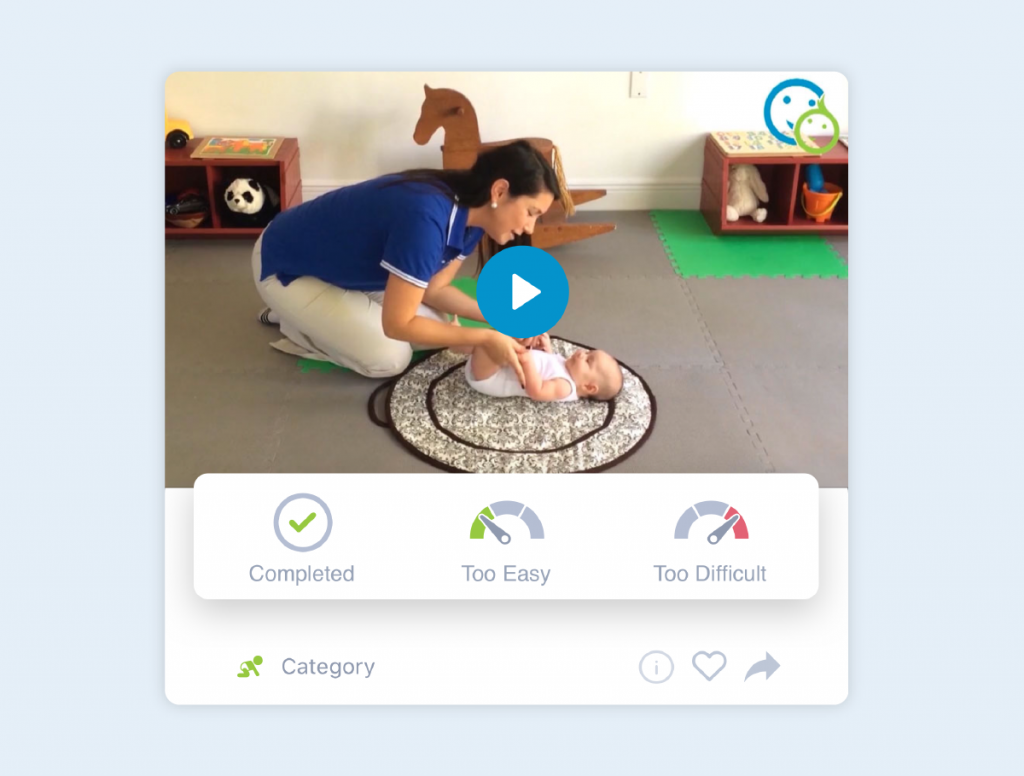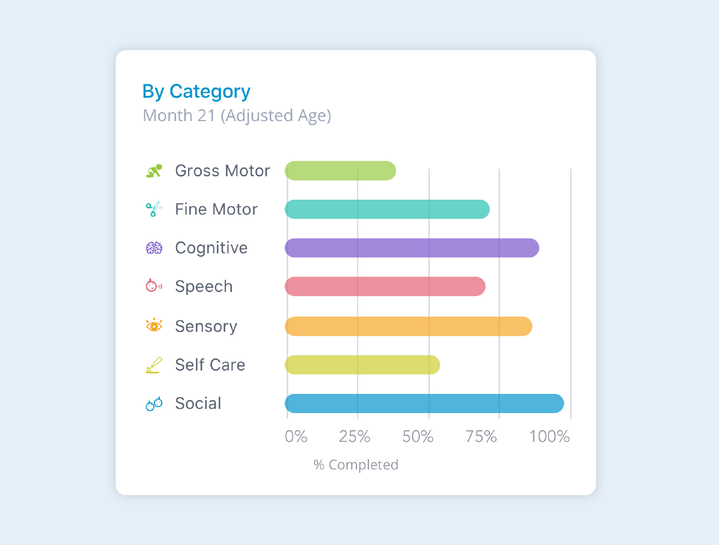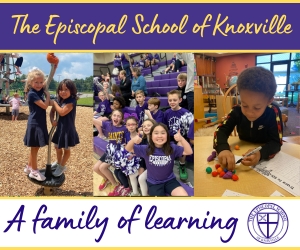
As a first-time mom, I’m realizing there is so much pressure to make sure your little one is hitting their milestones, keeping up with their peers, and on track with their development. There could be pressure from family members, doctors, your friend group, or even pressure you put on yourself when you see how advanced someone else’s kid of the same age is when it comes to language, fine motor skills, body control, etc. — the list goes on.
So if it’s your first rodeo (or first one in a while) and you’re feeling that pressure that’s causing you to worry that you’re “behind,” I’ve got your back. In this blog, I’m going to share with you my favorite learning and development tools for babies and toddlers.
These are tools that have helped me redirect some of the pressure I know we all feel at times as parents, and instead feel a sense of peace knowing that we’re doing what we can, and making it fun to “stay on track,” whatever that means these days.
What to do when you’re feeling “behind”
Let me guess. You’ve been staying up all night researching and Googling how to help your kid. You follow speech-language pathologists, blogs, and child development pages on Instagram, but wish there was more you could do at home to help your child directly.
It’s unfortunate that those developmental milestones make us all worry! But the good news is…if you wish there was something you could do to help take some of the load off, there is.
Here’s a list of my favorite learning and development tools for babies and toddlers (warning: this list includes mostly screen time activities):
Speech help for toddlers and babies first words
Repetition. First things first. It’s important to note that every child learns at their own pace. The fact that you’re reading this proves you’re a great mom (or dad) who cares and is doing the best you can to help your little one develop well. Repetition is the best thing you can do. It gives your little one the opportunity to catch on and learn whatever you’re trying to teach them. You can practice repetition through narrating what you’re doing daily or also by getting flashcards that go over “baby’s first words.” That’s really all you can do to see improvement: continue to work with your child and narrate what you’re doing daily and through repetition.
Imitation. Follow any speech therapist and you’ll learn that getting your child to imitate you first is key to speech development. If they can imitate you, it works the same skill they need to learn to start imitating what your mouth is doing. Imitation and turn-taking are fundamental tools to help our children acquire their first words, according to speech pathologist and blogger, Mommy Speech Therapy. She suggests making imitation a game, copying the sounds they make, like if they say “Oh,” you say it too. Also practice taking turns when you play with toys, like pushing cars back and forth for example.
Music education. Music education, nursery rhymes, and learning songs have helped my daughter pick up new words (even counting!). I let my daughter watch Preschool Songs for Littles during breakfast. It’s a channel on YouTube featuring real people who use speech therapy techniques and sign language for babies and toddlers to help them learn their first words. We LOVE them! I look at it as allowing my daughter to get 20-30 mins of “school” first thing in the morning, which frees us up to fill the rest of our day with more fun like going out to play or doing other activities at home.
Development App for Fine Motor, Gross Motor, and Cognitive Skills
BabySparks App. This is one of my absolute favorite learning and development apps. Take a look here. It’s filled with daily activities you can do with your child from ages 0 – 3. You simply put in your child’s age according to months, and you can go through a checklist of personalized “mommy and me” activities you can do with them daily. There’s a video demonstrating the activity, information about the skill the activity works to improve, and you can rate if the task was too easy or too difficult, etc. I like it because it helps me come up with things to do that I may not have otherwise thought about like folding a piece of paper, balancing on a beam, or jumping like animals to name a few. It’s perfect for anyone who interacts with children aged 0-3.

Learning and education games
I’ve also found some very fun and educational online games for little ones. You’d be surprised by the skills they’re able to pick up by allowing them to play educational games on your phone or tablet. A few we like are:
- ABC Kids – Tracing and Phonics. This is a super cute game you can do with your toddler to work on (as the name suggests) ABCs, phonics, and tracing letters. There’s also an ability to download free worksheets to play games on paper like “Where is the letter A” and also coloring pages to print.
- Baby Games for 2,3, and 4-year-olds. This app includes 15 minigames for toddlers to work on concepts like big and small, colors, sorting, shapes, and matching. All the games offer interactive learning time, so they can learn, develop skills and have fun at the same time, the three main activities of early childhood. Our almost two-year-old loves playing the mini-games and was able to grasp the concept of matching and sorting things by likeness with practice. This is something you can do together or something your little one may grow to be able to do on their own, independently.
- First | Fun Learning for Kids. This is a music education show we found on YouTube that goes over nursery rhymes that also has an accompanying app to help babies and toddlers work on numbers, words, shapes, and more.



















